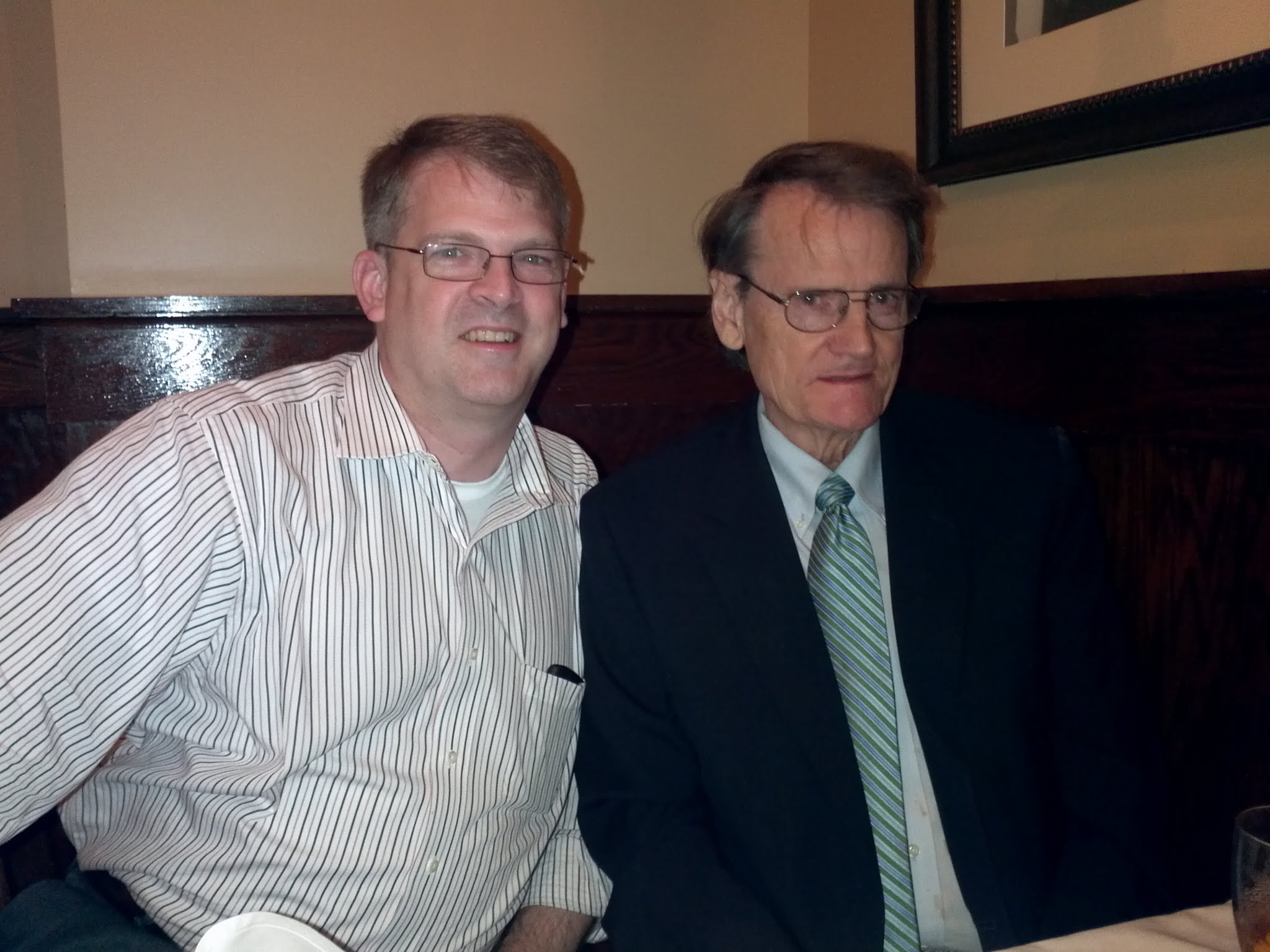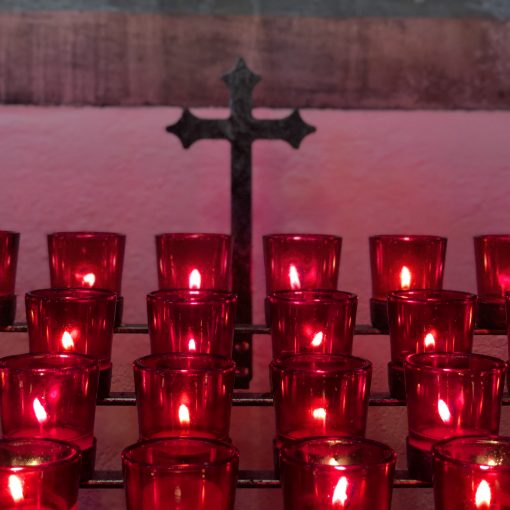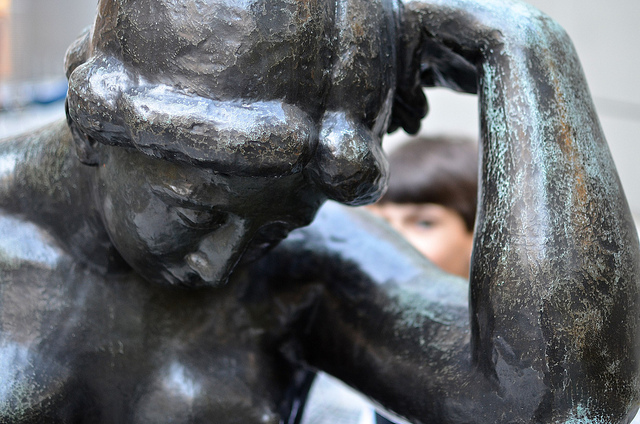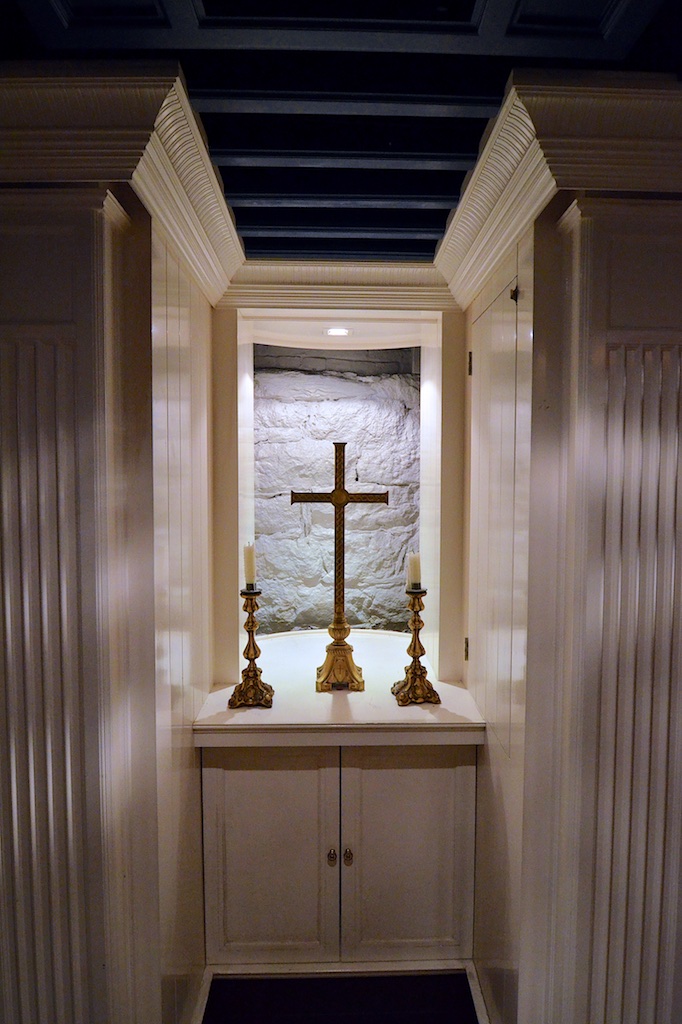By Dr. Stephan Brady.
So I guess I was given some some directions. One is not to make certain people laugh or cry. That would not be of service to my dad who makes us laugh all the time, whether he meant to or not. But I guess my charter is to kind of the synoptic gospel. And Chris is going to be John, if I got it right, and doggone it, you told me to have a script and my screen just went blank. So I’m not sure if I’ll be giving a true reading of the Gospel of Charles the way perhaps that should be intended.

A lot of the stories I’m going to tell you things I tell you about his life. I learned not at his feet. That sounds really biblical. I learned them on his lap, because we would travel from Houston to Hearne, his birthplace, and I would have my head in his lap, laying across them on a bench seat with no seatbelts— because it was 1965.
And he would tell us tell stories of his childhood. And then we got the opportunity to travel a couple times back to Hearne. So now that I’ve said Hearne twice, I believe, my dad was born in Hearne in Texas, in the family house, in the living room.
All of you born in hospitals, we can now be envious. The doctor, as I understand this, from my close, reliable sources, the doctor went “about a sack of sugar.” So I guess he’s what eight pounds, five pounds, something like that.
He grew up in Hearne in a small rural town, that the Bradys had had a strong presence in Hearne Texas. His grandfather, Peter L. Brady, Sr., had created the electric company in Hearne Texas. He became mayor of Hearne Texas and then sold the electric company to the city. I’ll let you all decide how that would play out today. But he was a hero of the city back then. So it’s a town that knew the Bradys. And so he grew up in Hearne went to high school in Hearne.
And as a small rural community, if any of you live in smaller rural communities, and your friends play football and basketball, and probably a couple other sports, kind of unheard of in the larger places these days, he played all the sports, did all the things. He had a trick knee which then once I had ACL surgery, decided maybe he blew his ACL 50 years previously. But he was not just an athlete, he was, I’ll say this, a straight A student. He was a really good student.
He came to know the Lord some where between junior high and high school. I asked my cousin Johnny about that and he called his dad because I wanted to know, as I understand it Johnny’s dad, John A, my uncle John A had talked to my dad about Christ a few times, but he’s not sure if he came to know Christ through him, or someone else or something else. Jesse came so it was Uncle John A first, then his older brother Jesse, and then then Charles, the youngest of the three.
If any of you know anything about dad’s next chapter, he went to his beloved Baylor University. Sicum bears, I guess is what we say.
So that made my dad The only person really happy when RG III moved to the Redskins and probably the most distressed individual when RG III left because, as I understand it, he [RG III] was a Baylor guy.
So Dad, dad went to Baylor, where he majored in physics and math.
So if you know dad, that’s who he is, I believe his lowest grade one time might have been a B. Maybe. Kind of makes you wonder if I really am his son sometimes.
And while there we can neither confirm or deny and I have googled this. And if anybody can find it other than my daughter, Stephanie who can google anything and find it. At some point while he was at Baylor, the power went out. It was not Hearne electric. The power went out. And he opened up the window, yelled out the window and I’m going to say this in church, so I’m going to whisper it. He yelled out the window, “Panty Raid!”
And then he says he tells that he went to bed and woke up the next morning to the headline “first ever panty raid at Baylor University.” And he’s like, not sure if I did that or not. I know this might be the first time it’s ever been said in Fourth Church, at least from up here, and I apologize a little bit.
While he was there, I guess he did an internship at Sandia Labs in New Mexico, rocket sled stuff, because while he was in high school, he heard about this whole space thing wrote a letter to Verner von Braun. He wrote a letter back, telling him what he could do to be part of the space program. Dad really wanted to be part of the space program. I’m getting ahead of myself. So when he graduated, he applied to work for Sperry UNIVAC. He wanted to see the world. He was a central East Texas boy and he wanted to see the world. So they said, Here you go. You’re going to go work in Lincoln, Nebraska on the B-58 Hustler.
For those of you that know, airplanes, you’re going the b 5 what? It didn’t last long. And he lasted even less than that with the program. He traded with somebody. So he goes to New York City and works on the Polaris missile program where you can see the world and he did, because he got to go out on ships and see two thirds of the world which is water. But also Jamaica, and Haiti, and Denmark, and a few other places too.
So he got to travel the world out of New York City. New York City is an important way point not because it’s you know, New York, New York and the city never sleeps, but because he met mom in New York City, and in August of 1960, they were married. Right about … right about there [standing in the center of the steps]. But those of you sitting in the way back, you’re you’re actually in the parking lot right now, back then. But this is where they got married. And soon after they had a house in Long Island, if I remember correctly, a small place.
Then they moved to Texas because dad started going to graduate school at Rice and work for NASA. I’m getting the timeline a little mixed up here. But it’s okay. It’s a synoptic gospel. And I haven’t asked everybody and Q hasn’t told me what to say. So, you know, I’m going to get this a little bit off. But let other people correct the record. He was at Rice…
Do any of you remember firsthand John F. Kennedy speech? “We’re going to go to the moon, we’re going to do these things. And these are the other things, not because they’re easy, but because they were hard.” He said that at Rice University. Dad was in the audience. And while at Rice University dad made some lifelong friends, Bob Manka, among others, Peter Tims who has gone on to the Lord, I believe, already.
The most importantly, and I cannot emphasize this enough, somewhere in late 1963, they had me.
Sadly, their life was forever changed. straight A’s disappeared off my dad’s radar for any of his kids. At that point, I think it was never going to happen again. But for him, it was still there. But so dad worked on the NASA program, he worked on the Apollo Guidance system. So every once in a while, I would give him a hard time because they tried to land in the rocks on Apollo 11. And he says that wasn’t his fault. That was they went exactly where they told him to put it.
And as he was going through the program, he decided by 1968 apparently there’s another one on the way, somewhere in there. But he he moved up to the DC area. That’s why we’re here and started of working for a HEW, anybody remember HEW? “Health Education and Welfare,” now a part of HHS, but [he worked for] the Indian Health Service. And he did lots of different programs here. It’s where I first learned about Wang data systems, and distributed computer systems and how those things work and he worked on data and systems there. But he also worked on the Application Technology Satellite program. ATS-6.
ATS-6 was a satellite that went up to, I’m going to geek out, went up to geostationary orbit, did video transmitting from Anchorage, Alaska hospital to the satellite and back to Fort Yukon and Galina and other outposts in Alaska. My dad was part of the forefront of telemedicine. So those of you now that are thinking how cool it would be if you could have broadband in rural areas, okay, I think we’d be really cool their broadband in rural areas, so we can have telemedicine for aging populations. My dad was working this stuff in the early 70s. Really kind of a cool legacy to have in our family with that.
To stick with his working history, just for a brief moment, he went from there, did couple things. And then he went back to NASA here at headquarters for while and then worked on Space Station Freedom, which you all are going that’s not the name, its the International Space Station. And, quick little bit political. It was Space Station Freedom. Bill Clinton got elected, it became the International Space Station. We got rid of the shuttle, Russia flies us to space station, the rest is international history.
So that that was his work. He retired from there, I think at age 55. My mom said, somewhere in there, makes me nervous, because I’m 55. So those of you doing the math from ’63. Anyway.
But you all know my dad for more of the person that he was.
I see faces in here. If I were to ask for hands, many of you know him from the county fair. Where he was, and I’m seeing heads nod. He was a fixture at the county fair. He was always helping mom with the canned goods and then later some other things. Helping Kathy, helping the Witts. Designing the databases on a borrowed Apple computer so he could figure out a way to start tracking stuff coming in. I know it sounds like we do that today. Every day. Right?
You know from the fair. He helped us with our sheep. Got him back in the farm life.
You know him from church, where he did all the great things [Todd] mentioned. Very committed to the church and to the body of Christ. That was his life. I’m going to come back to that at the very end.
We know him in part because of the example he set with summer swim team.
I announced for summer swim team because my dad announced for summer swim team. I play music at summer swim meets, in part because my dad played the national anthem off of a cassette with a microphone shoved up next to it so we could have the national anthem. I just go a few steps further and play lots of music while people walk back and forth. But he’s the one.
My dad, some of you know him for his camera that was stuck to his face. And then you know me for a camera stuck to my face. And you know, my brother for camera stuck to his face. And you may know my son, Matthew Darnell, Darnell. With a camera stuck to his foot. Now he does it with a phone more often than not, it is after all the 21st century.
But there’s so many ways that he touched so many of us in things big and small.
And that’s why in the last days, all those things, as I understand it, all those things were about him wanting to be active involved and working in people’s lives.
And so that’s where I learned to be involved with people, to care about people, to work with people to have fun while we do it, to joke around, to make those jokes that I am proud to say my son makes. And his fiancé gives him the same eye-rolls that I get, that my dad got. So it’s a family tradition there.
But it’s all because of the connections we have with the people and dad showed that to me. And that’s why even in the last few weeks as mom tells it. (Its synoptic.) As mom tells it, dad just felt like he wanted to still do more for the church, for the people of the church.
And Mom told him even as he’s laying there, unable to respond, Charles, just by being here, in this hospital with the people coming and talking to us. You’re allowing Doug and Debbie, and my mom, my wife to be the witness for you here in this hospital to care for the people that are here with you.
So, that’s Charles Brady and to put him in, I probably talked too long, but to even put him in what is probably an hour and a half. Sorry, I go on for too long. Seems somehow wrong. It’s too short. Eighty-two years was too short.
But that’s my dad.
And I hope you all appreciated him as much as we did. Thank you.





One thought on “Remembrance of Charles Darnell Brady”